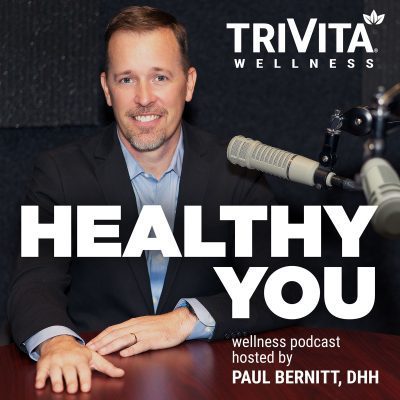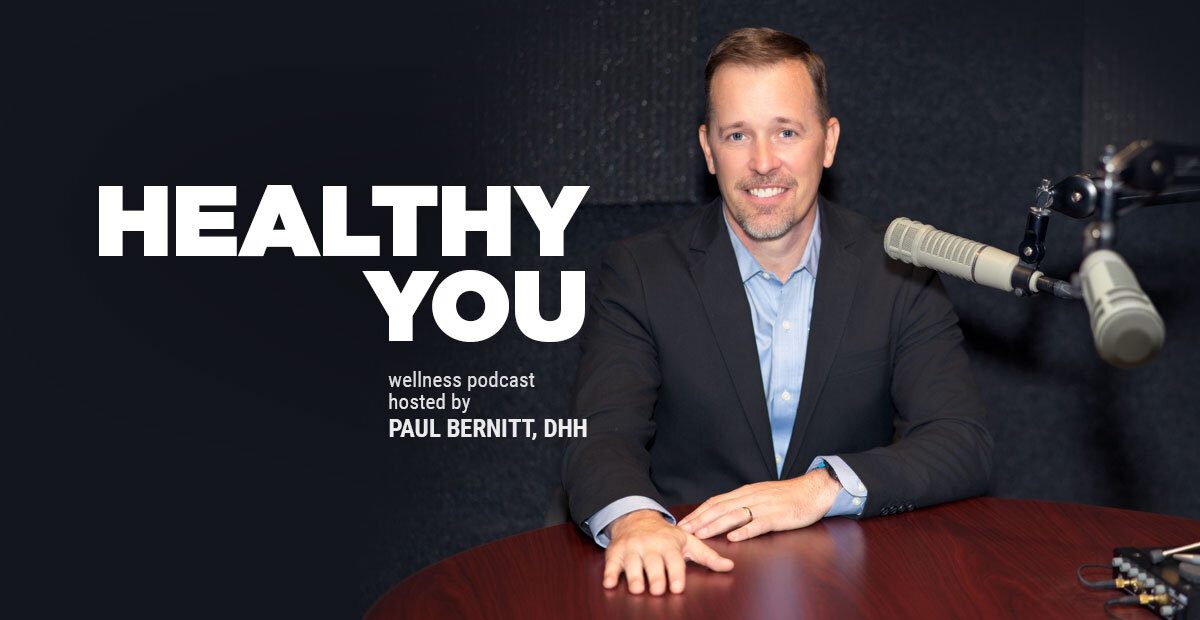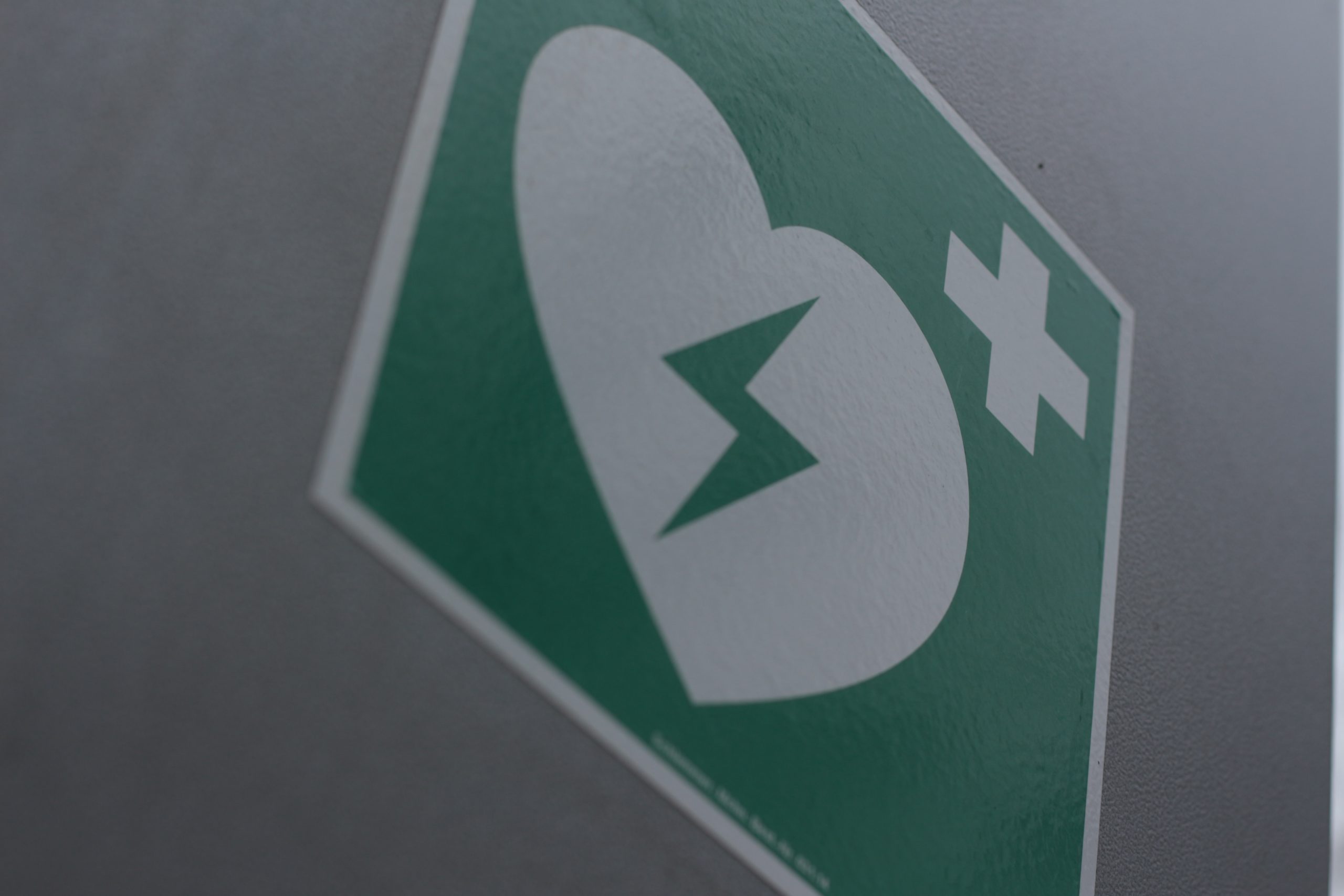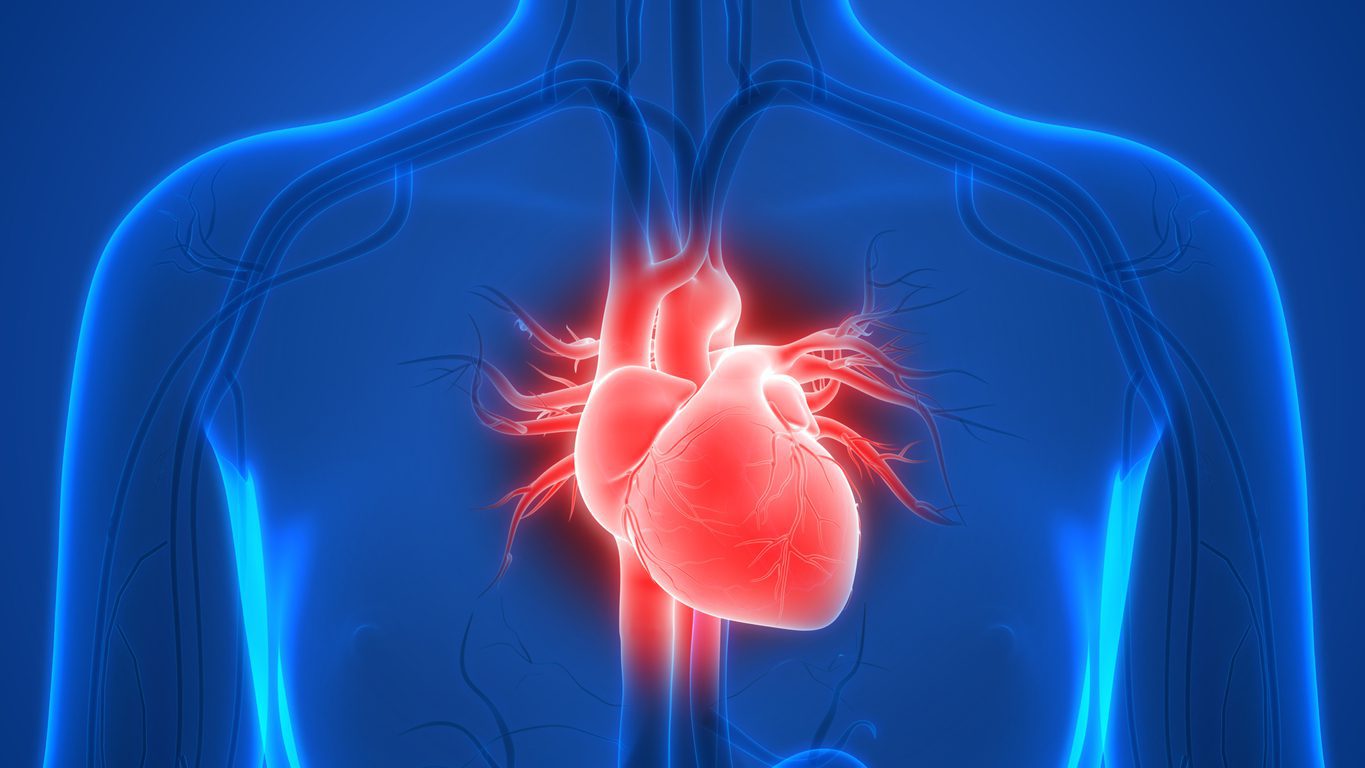We all have the mineral zinc in our bodies. Zinc is important for human health as it helps with heart and brain health, immune system function and growth. Zinc is found in many foods, such as meat, poultry, seafood, milk, eggs, whole grains, and beans and can also be taken as a supplement. Zinc plays a role in many biochemical reactions in the body and helps the body make proteins, and it assists to protect cells from damage. Zinc also supports the immune system and helps wound healing. A deficiency of zinc in the body may cause problems with growth and development, immunity and healing. Severe zinc deficiency can be fatal. People who may be at risk for zinc deficiency include vegetarians, people with chronic diseases, pregnant women and elderly people.
In addition to essential metabolic functions, the level of zinc in the body also affects the heart muscle. Oxidative stress is a predisposing factor for heart diseases and when this occurs, it may be due to a shortage of zinc.
Zinc is an essential metal ion for brain health. It is involved in a variety of important processes, including cell signaling, synaptic transmission and ion channels.
Talk to your doctor if you think you might be at risk for zinc deficiency.










